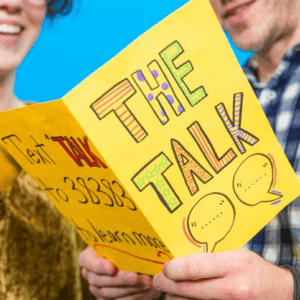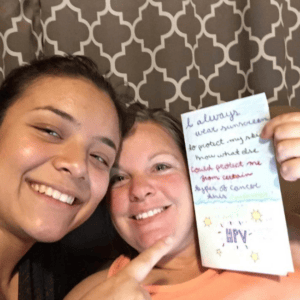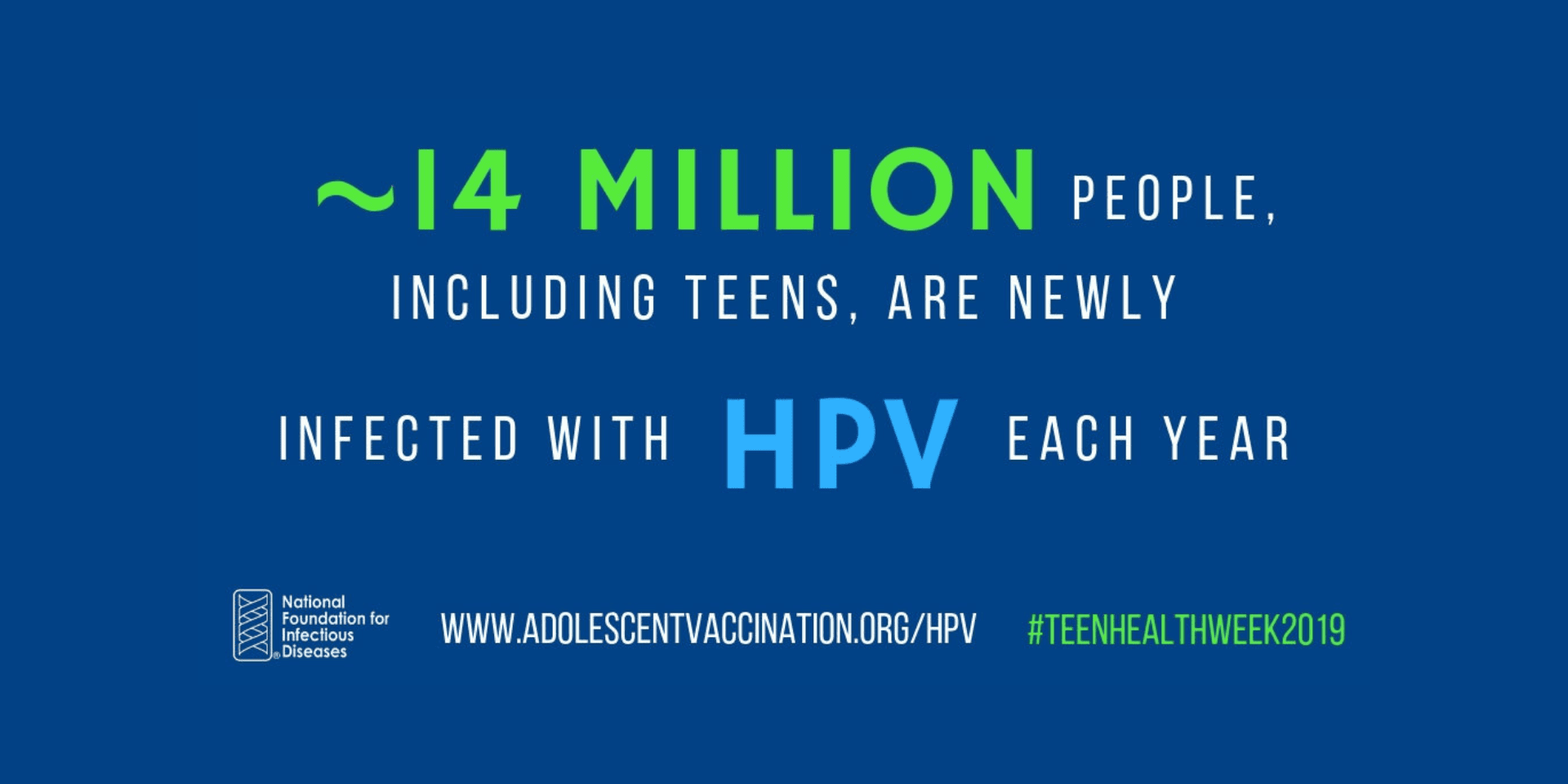
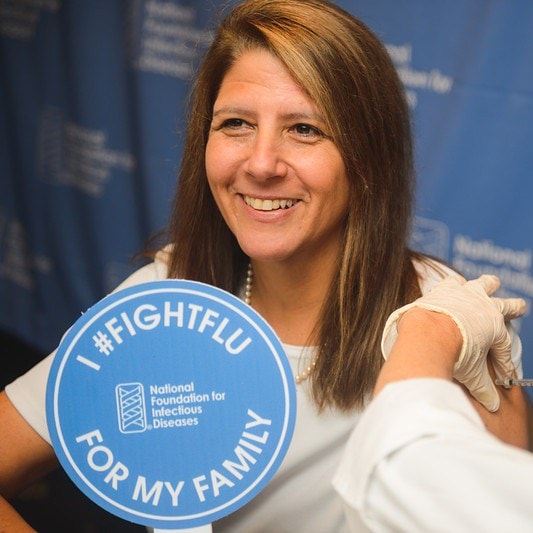
The National Foundation for Infectious Diseases (NFID) is celebrating Teen Health Week (April 1-7, 2019), a global initiative raising awareness of the unique health issues facing teens all over the world. The theme for Wednesday, April 3, 2019—Preventive Care and Vaccines—is closely aligned with the NFID vision of promoting healthier lives through effective prevention and treatment of infectious diseases. Special thanks to NFID Executive Director & CEO, Marla Dalton, CAE, for this guest blog post on empowering teens to make healthy decisions about vaccination.
Last year, during Teen Health Week, I wrote about my teenage twin daughters, who have grown up in a household where conversations about staying up-to-date on recommended immunizations are almost as common as battles over screen time. But most families do not routinely talk about vaccines around the dinner table, and many teens are not even having these discussions with their healthcare providers.
This year, we all have a reason to take heart. The current generation of teens are an empowered group, and the choices they are making give parents like me hope for the future.
You may have read about Ethan Lindenberger, who was raised in an anti-vaccine family, did his own research, and chose to get vaccinated when he turned 18. Ethan is certainly amazing, but he is not unique. Last summer, we were privileged to read the inspirational stories of many teens and young adults who participated in The Talk, an awareness campaign by NFID and DoSomething.org designed to spur conversations about human papillomavirus (HPV) prevention between teens and their parents/guardians. Here are just a few highlights of the thousands of stories submitted:
“This campaign is important to me because of my family history of cancer. My mom and my grandma have had cancer and two of my grandparents died of cancer. This vaccine helps me and my parents take one cancer worry away. Also, I don’t want to be someone who can spread this virus. Thanks, mom, for listening!” – Xander, 14
“This campaign is important to me because my great grandma died from cervical cancer. When the word ‘cancer’ is mentioned, no one thinks of cervical cancer first, or at all, but what everyone needs to know is this: everyone is susceptible to these kinds of cancers. Another thing that people need to know is the HPV vaccine can prevent these! There is nothing to lose from getting this vaccine but so much to gain! This vaccine saves lives!” -Ali, 17
“My parents love me, so they’re keeping me HPV-free! This matters to me because cancer is a serious thing. Although I may not be sexually active at the moment, in the future, it will help protect me from harmful infections and possible diseases and harm in the future.” -Samantha, 18
-
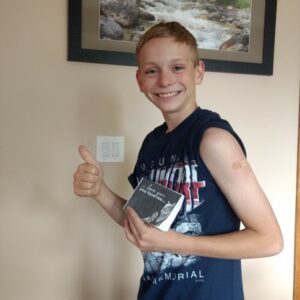
- “This campaign is important to me because of my family history of cancer. My mom and my grandma have had cancer and two of my grandparents died of cancer. This vaccine helps me and my parents take one cancer worry away. Also, I don’t want to be someone who can spread this virus.” – Xander, 14
-
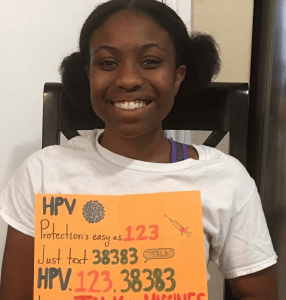
- “Cervical cancer is prevalent in my family, so I got my HPV vaccine. I think it’s important that everyone protect themselves as much as possible especially since things like this are available now.” -Tyler, 17
-

- “No one should feel too shy to protect themselves. “The Talk” campaign not only normalizes heavy topics such as the transmission of STIs, but celebrates communication among families. A sex-positive campaign like this teaches my generation to be comfortable asking for what we need. I believe that the society that is open to discussing what we need, is the society that progresses.” – Allison, 17
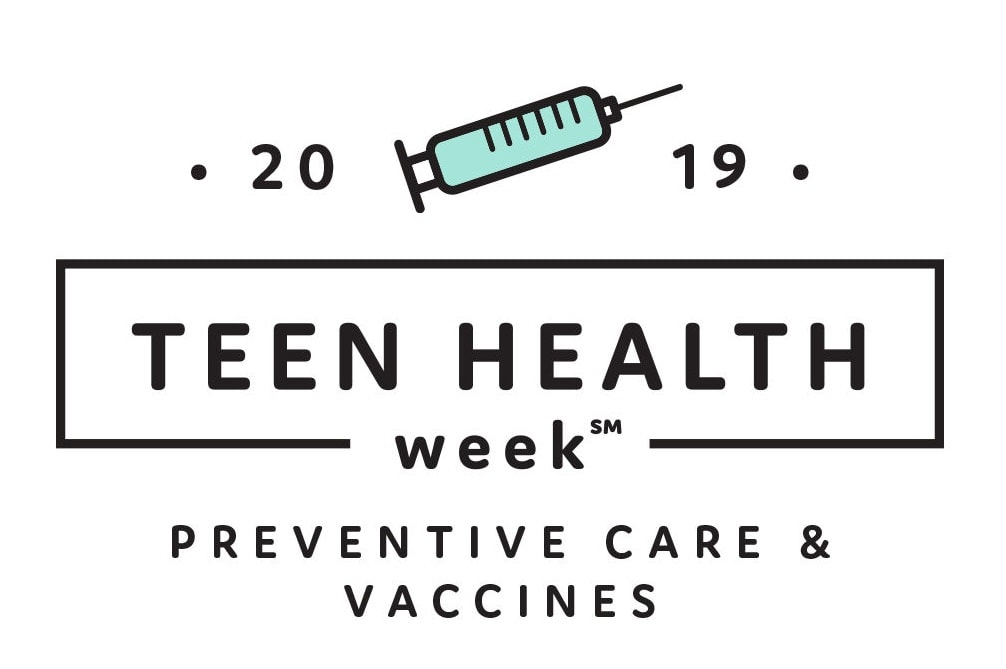 Stories like these inspire us to continue our work educating teens, parents, and others about vaccine-preventable diseases so that they are equipped to make healthy choices. During 2019 Teen Health Week, you can join us in the NFID #Truth campaign by sharing these messages focused on adolescent vaccination via social media:
Stories like these inspire us to continue our work educating teens, parents, and others about vaccine-preventable diseases so that they are equipped to make healthy choices. During 2019 Teen Health Week, you can join us in the NFID #Truth campaign by sharing these messages focused on adolescent vaccination via social media:
- #Truth: In the US, #HPV causes 27,000 cancers each year, in both males & females #GetVaccinated to #PreventHPV nfid.org/hpv #TeenHealthWeek2019
- #Truth: ~10% of US teens are not #vaccinated against #measles #TeenHealthWeek2019 #PreventMeasles #TeenHealthTuesday nfid.org/measles
- #Truth: In the US, ~1 in 3 cases of #WhoopingCough occur in adolescents age 11-19 years #TeenHealthWeek2019 nfid.org/pertussis #GetVaccinated
- #Truth: In the US, 21% of #meningococcal disease cases occur in adolescents age 11-24 years and 10-15% will die #TeenHealthWeek2019 #GetVaccinated #PreventMeningitis nfid.org/meningococcal
- #Truth: #Flu affects 5-20% of the US population but only 8-39% of US college students #GetVaccinated to help #FightFlu nfid.org/flu #TeenHealthWeek2019
- #Truth: #Hepatitis B infects 200,000+ in the US every year, including teens & young adults #PreventHepatitis #TeenHealthWeek2019 nfid.org/hepb
- #Truth: ~14 million people, including teens, become newly infected with #HPV each year nfid.org/hpv #TeenHealthWeek2019 #GetVaccinated
For more information about recommended adolescent vaccines:
- Visit adolescentvaccination.org for information and resources, including 10 Reasons To Be Vaccinated
- Download the adolescent vaccines infographic, Adolescents Can Be Protected from 14 Deadly Diseases
- Share the NFID adolescent vaccination public service announcement video
To join the conversation, follow NFID on Twitter using the hashtag #TeenHealthWeek2019, like us on Facebook, follow us on Instagram, join the NFID Linkedin Group, and subscribe to NFID Updates.
Related Posts
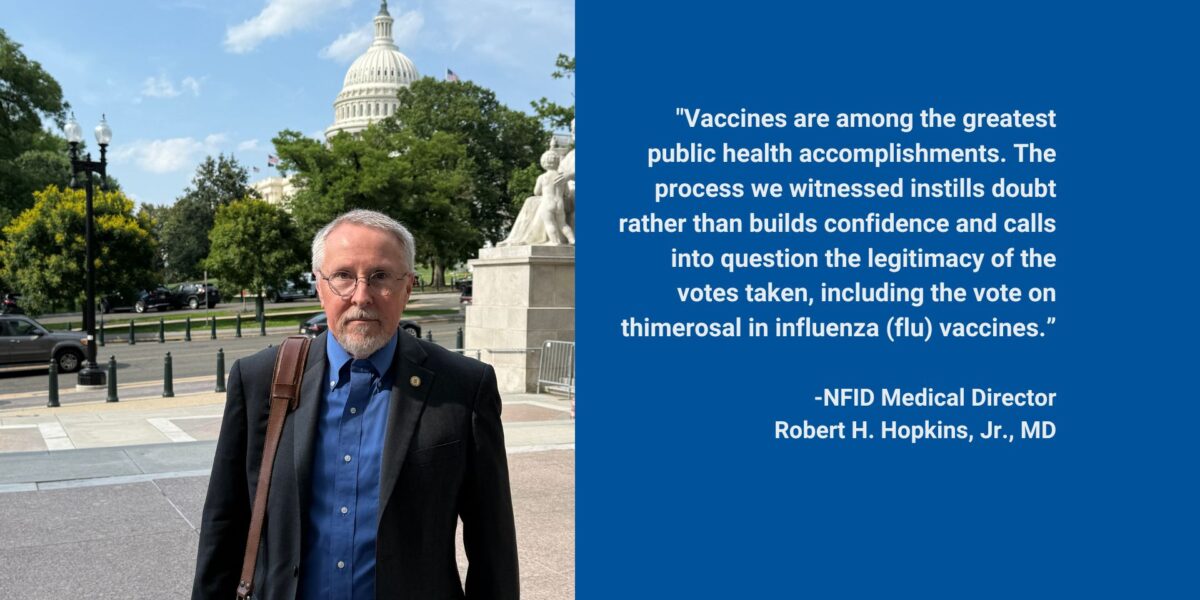
Flawed ACIP Process Leads to Confusion and Distrust
Public health experts and leading healthcare professionals share concerns regarding the June 2025 Advisory Committee on Immunization Practices (ACIP) meeting on US immunization policy …
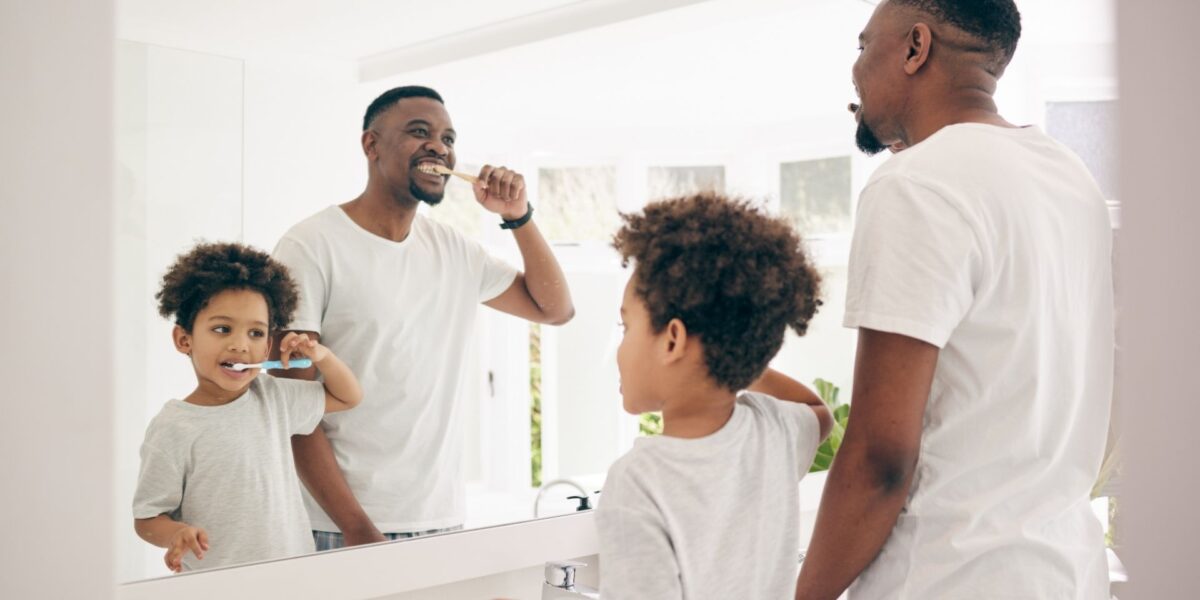
Empowering Men to Prioritize Health
Staying up to date on all recommended vaccines and taking other steps to prevent illness helps ensure men are ready for what matters most—showing up for loved ones or simply enjoying life …
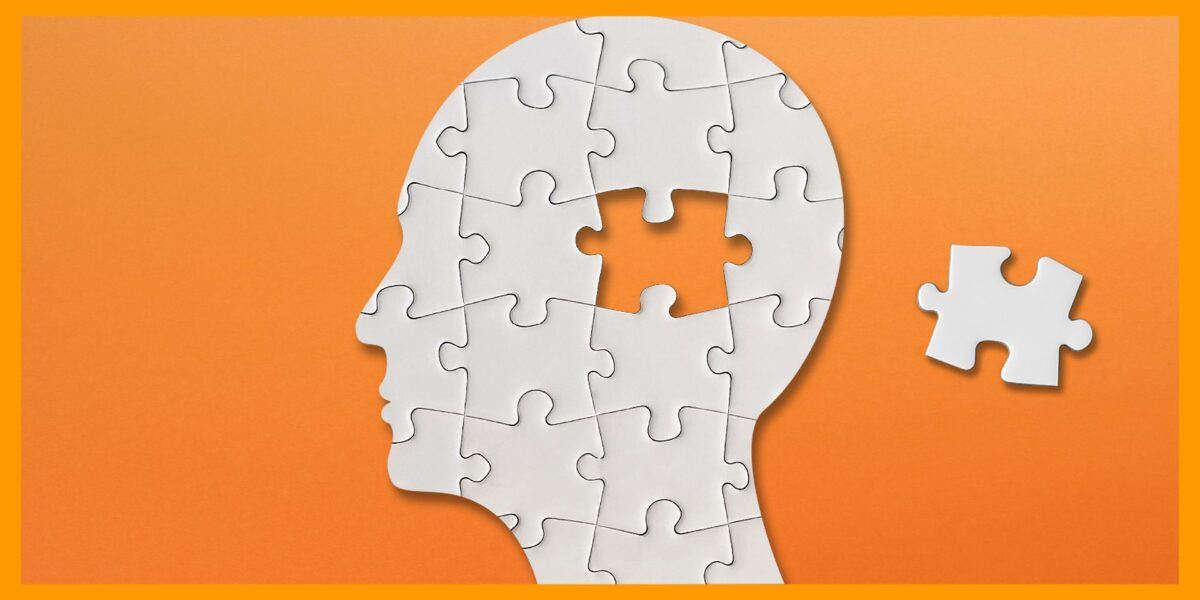
Autism and Vaccines: What the Science Really Says
Progress is being made in the search for the causes of autism, and this information may be valuable for families who are hesitant about vaccines


